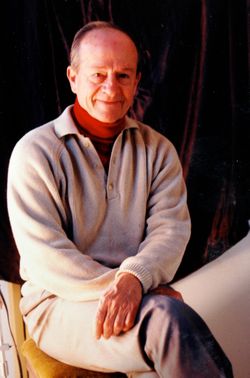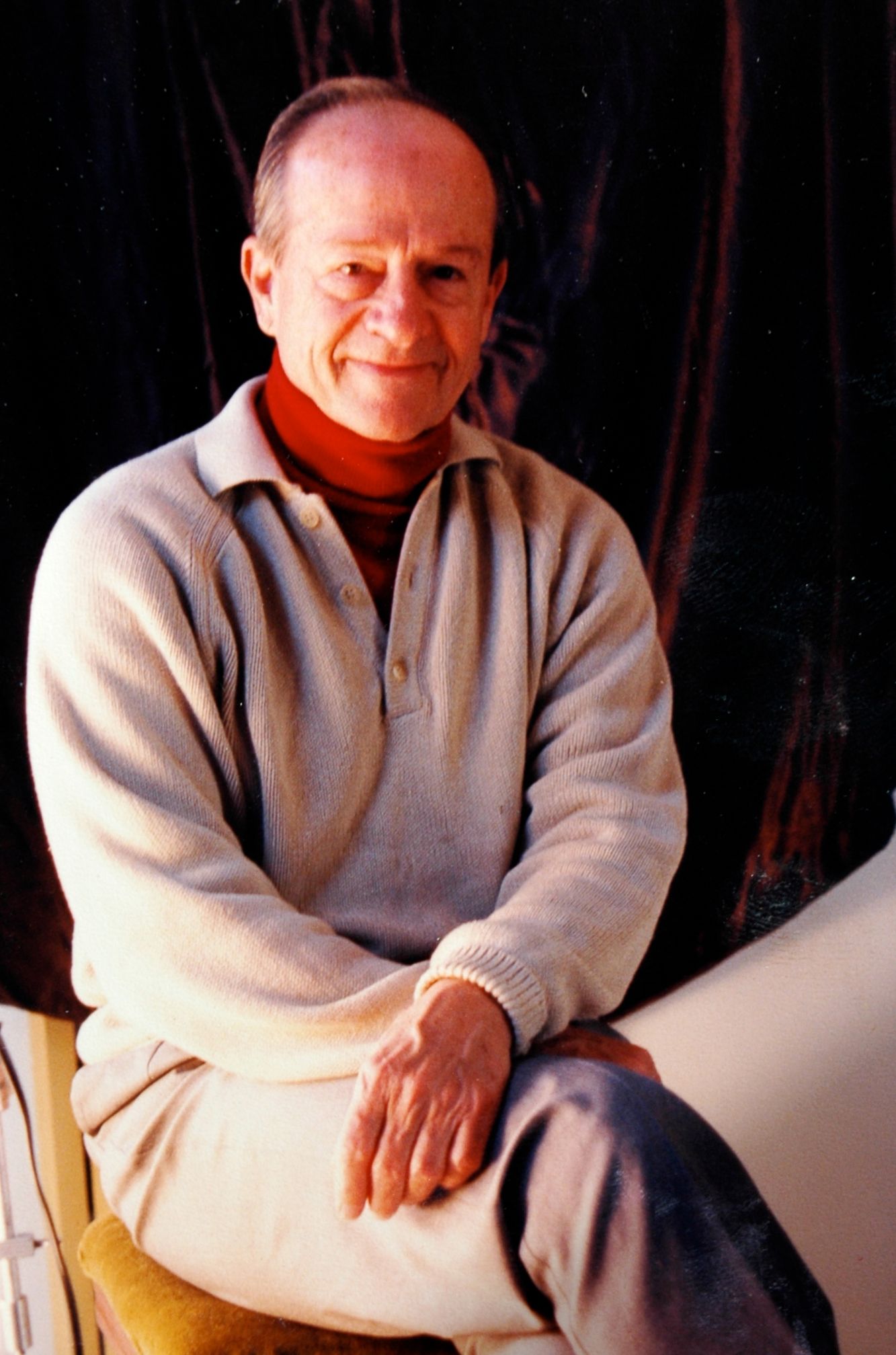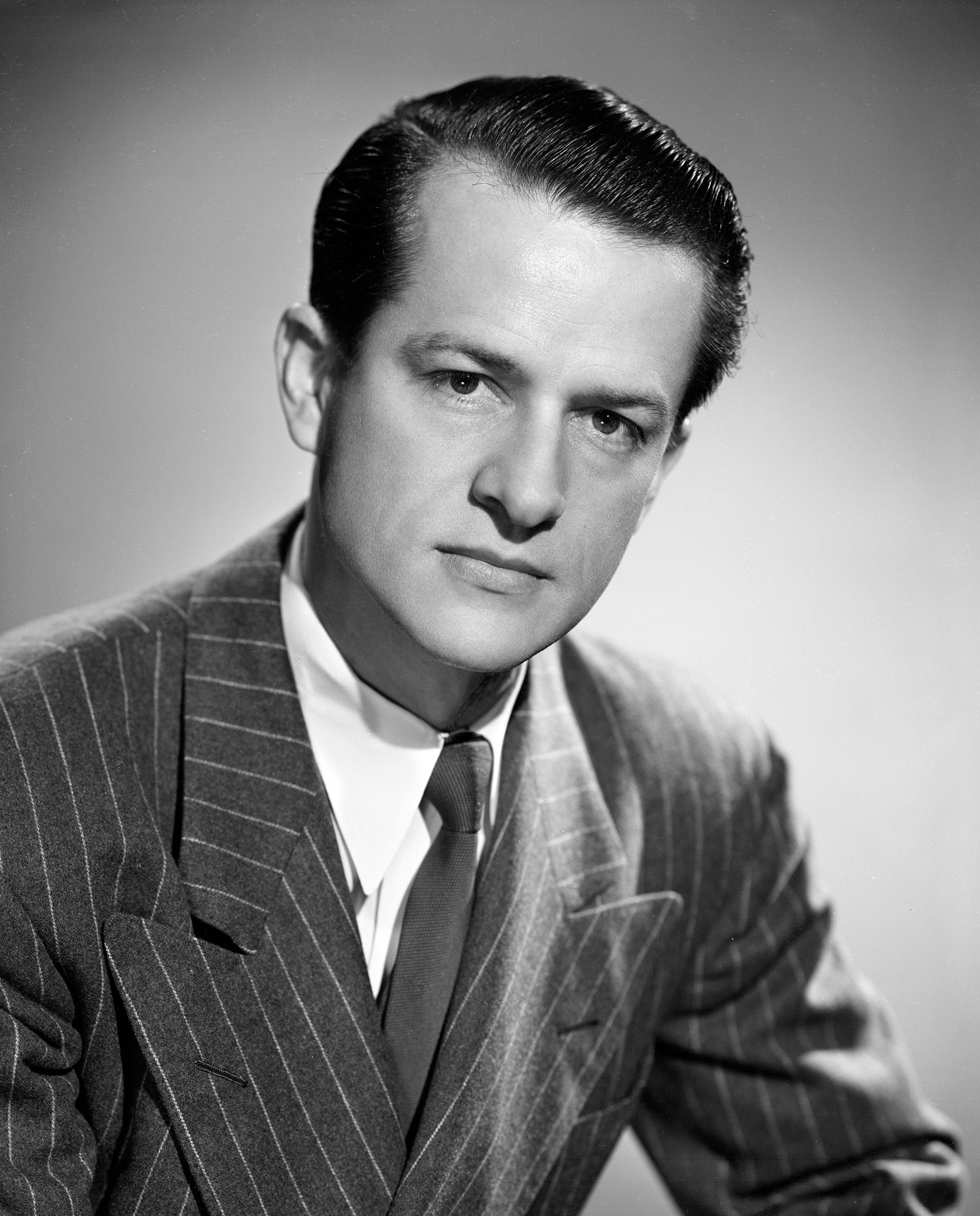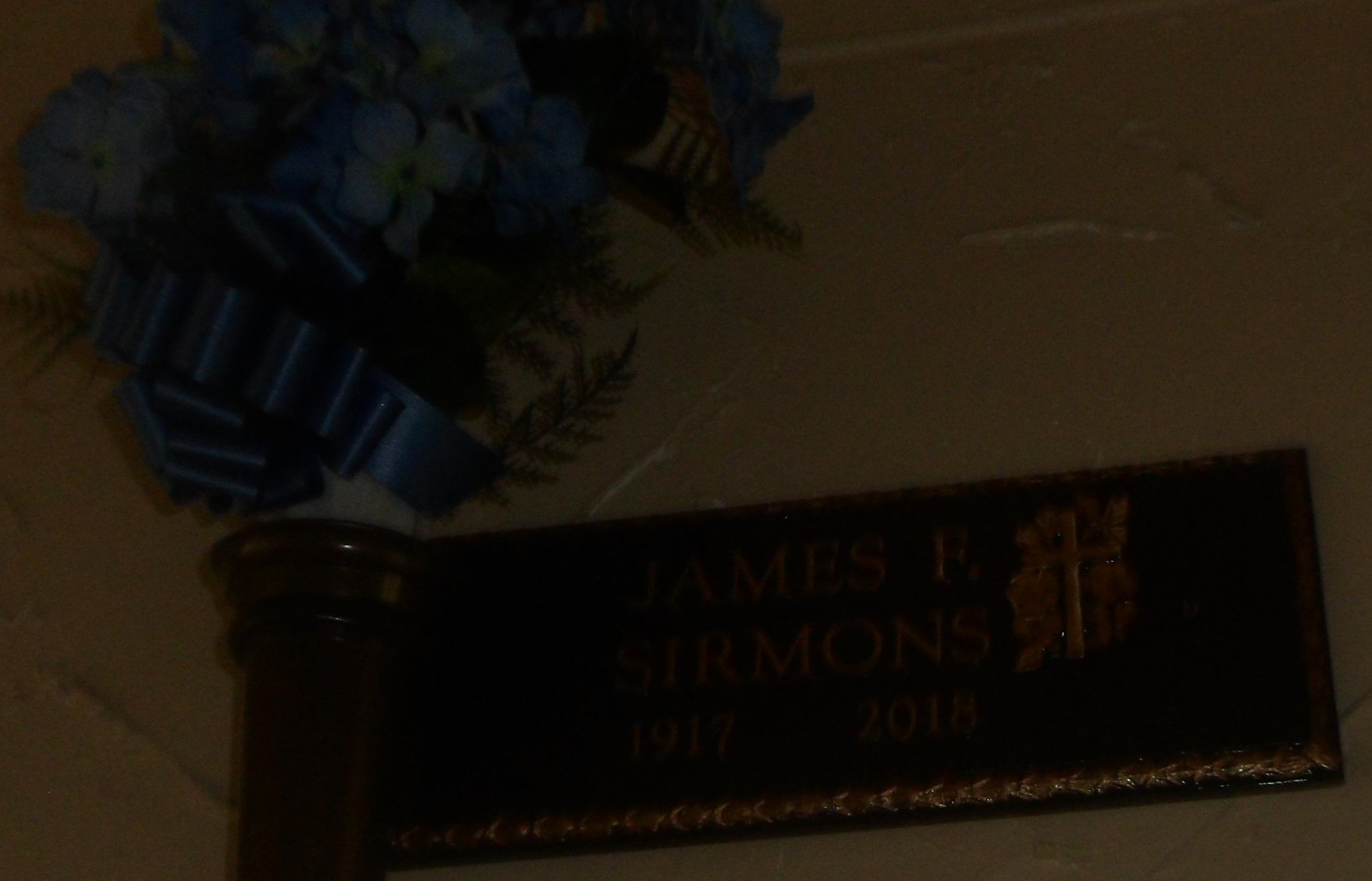When the United States entered World War II, positions opened at CBS in New York, and James filled a role there as Production Supervisor where he would oversee talent through numerous live broadcasts ranging from musical shows to political conventions to the reporting of D-Day.
In these early years at CBS his voice was often heard over national radio saying, "This is the CBS Radio Network," and announced musicians such as Frank Sinatra and Fred Allen before they came out on stage in front of a live audience. He worked with many radio news personalities including Edward R. Murrow, Douglas Edwards, Paul White, Robert Trout, Lowell Thomas, Eric Sevareid, Charles Collingwood, Bill Downs, Richard C. Hottelet and CBS News Director Ted Church. He managed the production of the first live televised presidential election in progress (the historically important Truman vs Dewey election on 2 Nov 1948) and worked closely with CBS founders William S. Paley and Frank Stanton in those years. And he concurrently taught classes in radio broadcasting at NYU. One of his former students, Larry King, accredits Sirmons as being a pivotal person in the success of his own career.
James Sirmons worked his way up in the Operations department until 1957 when he was promoted into the Labor Relations department (later known as Industrial Relations) where he would remain for many years. In that role, James Sirmons became the industry chairman in labor negotiation, representing all the television networks and movie studios in disputes with unions such as the Director's Guild of America, the Writer's Guild of America, the International Alliance of Theatrical Stage Employees, and the Teamsters. When a union threatened to strike, he chaired the committee on the industry side of the table, as a strike impacted the schedules of all of the networks and studios with hundreds of millions of dollars at stake. By the time of his retirement he was responsible for over 200 labor agreements in broadcasting.
James Sirmons joined the Board of Directors at the AFTRA Health & Retirement Funds in 1968, and was elected chairman there in 1970. He would remain with AFTRA H&R for 42 years before retiring the board, having negotiated over 60 AFTRA contracts to improve the benefits of industry talent. The "James F. Sirmons Conference Room" at their headquarters on 261 Madison Avenue in New York City was named in commemoration of his service.
He remained at CBS for a little over 58 years before retiring in 2000 as Executive Vice President of Industrial Relations, longer than almost everyone else in the history of the network. At his 50th anniversary at CBS, he was awarded a plaque with the bronze "S" that used to be mounted outside the old Columbia Broadcasting System building in New York City, as well as an original RCA 77-B velocity microphone used by many of the famous radio personalities in the 40's.
He was awarded the Saint Petersburg Outstanding Alumnus Award in 2008.
In December, 2017, his 100th birthday party was held in Saint Petersburg. He passed away peacefully in his home at 2:25 pm on 20 April 2018, four months afterward. His wife, Virginia, had passed away 30 Dec 1993, his son Tom on 30 Dec 2014, and his son Jim on 9 Jan 2018. He was survived by his son John and daughter Donna, his grandchildren Shana Wynkoop and Chris Haviland, and his great grandchildren Forest, Sky and River Haviland.
When the United States entered World War II, positions opened at CBS in New York, and James filled a role there as Production Supervisor where he would oversee talent through numerous live broadcasts ranging from musical shows to political conventions to the reporting of D-Day.
In these early years at CBS his voice was often heard over national radio saying, "This is the CBS Radio Network," and announced musicians such as Frank Sinatra and Fred Allen before they came out on stage in front of a live audience. He worked with many radio news personalities including Edward R. Murrow, Douglas Edwards, Paul White, Robert Trout, Lowell Thomas, Eric Sevareid, Charles Collingwood, Bill Downs, Richard C. Hottelet and CBS News Director Ted Church. He managed the production of the first live televised presidential election in progress (the historically important Truman vs Dewey election on 2 Nov 1948) and worked closely with CBS founders William S. Paley and Frank Stanton in those years. And he concurrently taught classes in radio broadcasting at NYU. One of his former students, Larry King, accredits Sirmons as being a pivotal person in the success of his own career.
James Sirmons worked his way up in the Operations department until 1957 when he was promoted into the Labor Relations department (later known as Industrial Relations) where he would remain for many years. In that role, James Sirmons became the industry chairman in labor negotiation, representing all the television networks and movie studios in disputes with unions such as the Director's Guild of America, the Writer's Guild of America, the International Alliance of Theatrical Stage Employees, and the Teamsters. When a union threatened to strike, he chaired the committee on the industry side of the table, as a strike impacted the schedules of all of the networks and studios with hundreds of millions of dollars at stake. By the time of his retirement he was responsible for over 200 labor agreements in broadcasting.
James Sirmons joined the Board of Directors at the AFTRA Health & Retirement Funds in 1968, and was elected chairman there in 1970. He would remain with AFTRA H&R for 42 years before retiring the board, having negotiated over 60 AFTRA contracts to improve the benefits of industry talent. The "James F. Sirmons Conference Room" at their headquarters on 261 Madison Avenue in New York City was named in commemoration of his service.
He remained at CBS for a little over 58 years before retiring in 2000 as Executive Vice President of Industrial Relations, longer than almost everyone else in the history of the network. At his 50th anniversary at CBS, he was awarded a plaque with the bronze "S" that used to be mounted outside the old Columbia Broadcasting System building in New York City, as well as an original RCA 77-B velocity microphone used by many of the famous radio personalities in the 40's.
He was awarded the Saint Petersburg Outstanding Alumnus Award in 2008.
In December, 2017, his 100th birthday party was held in Saint Petersburg. He passed away peacefully in his home at 2:25 pm on 20 April 2018, four months afterward. His wife, Virginia, had passed away 30 Dec 1993, his son Tom on 30 Dec 2014, and his son Jim on 9 Jan 2018. He was survived by his son John and daughter Donna, his grandchildren Shana Wynkoop and Chris Haviland, and his great grandchildren Forest, Sky and River Haviland.
Family Members
Sponsored by Ancestry
Advertisement
Advertisement















